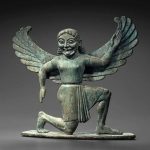Akhenaten and the Rise of Atenism
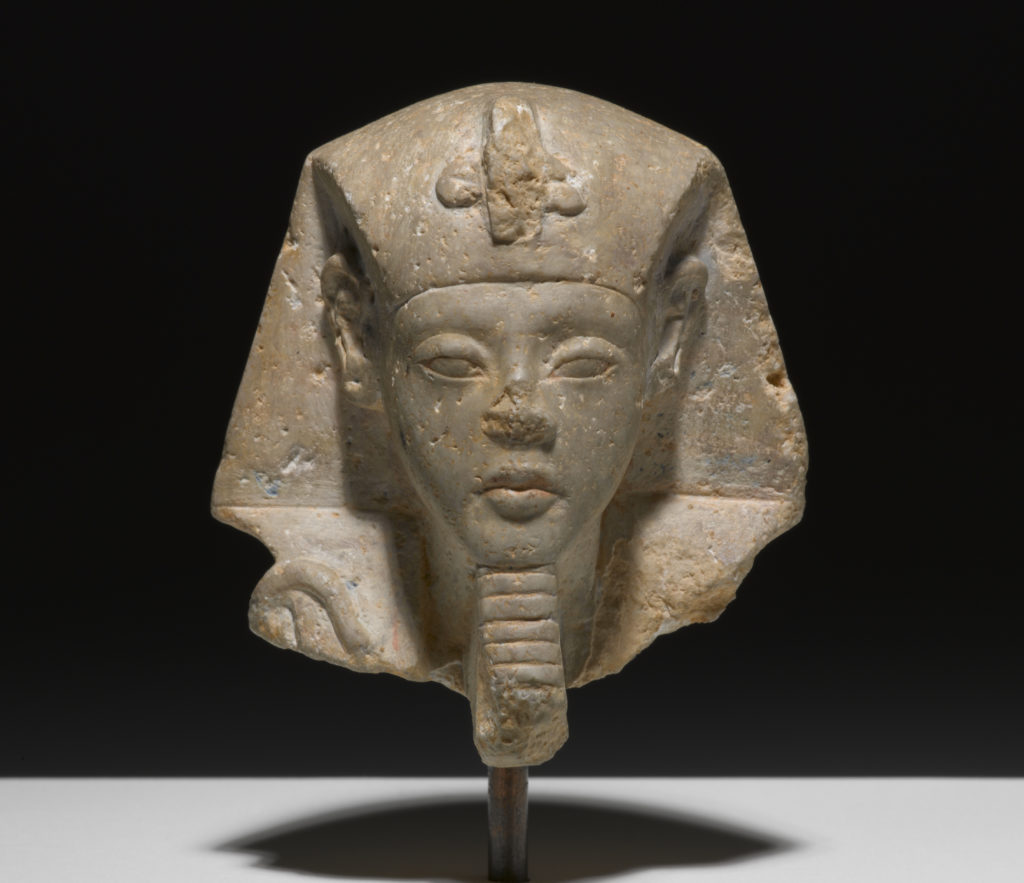
Head of a shabti in red quartzite sandstone, depicting Akhenaten wearing the nemes headdress. Ancient Egyptian, Middle Egypt, Amarna, Royal Tomb TA26, 18th Dynasty, c. 1352–1336 BC.
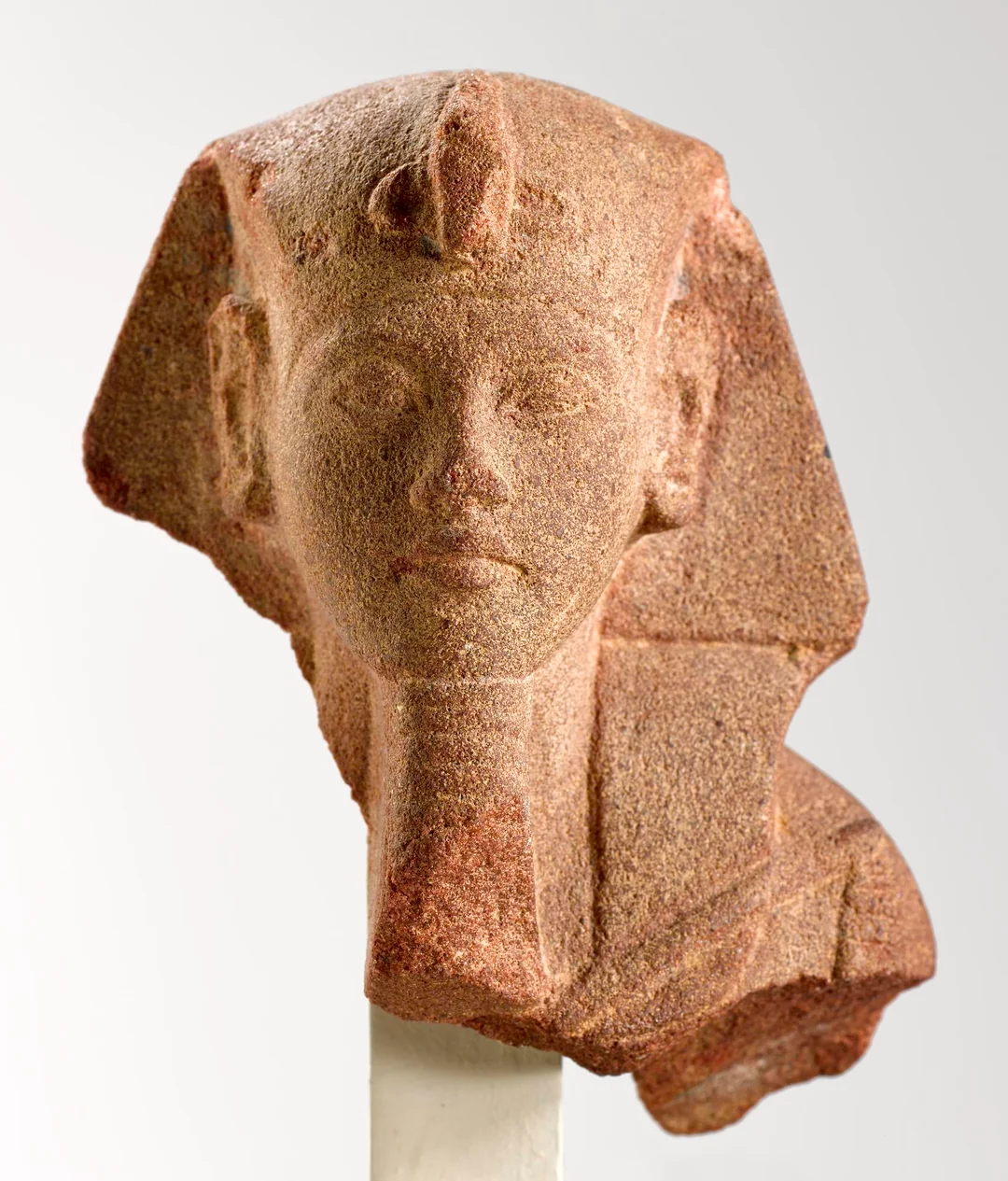
During the reign of Akhenaten, the Aten was elevated as the principal god of Egypt, while the worship of many traditional deities was suppressed. The Aten itself was not a new divinity but an ancient aspect of the sun, attested since the Old Kingdom. The word Aten originally referred to the solar disk, and in Middle Kingdom texts—such as the Coffin Texts or the Story of Sinuhe—it symbolized the sun as the creator.
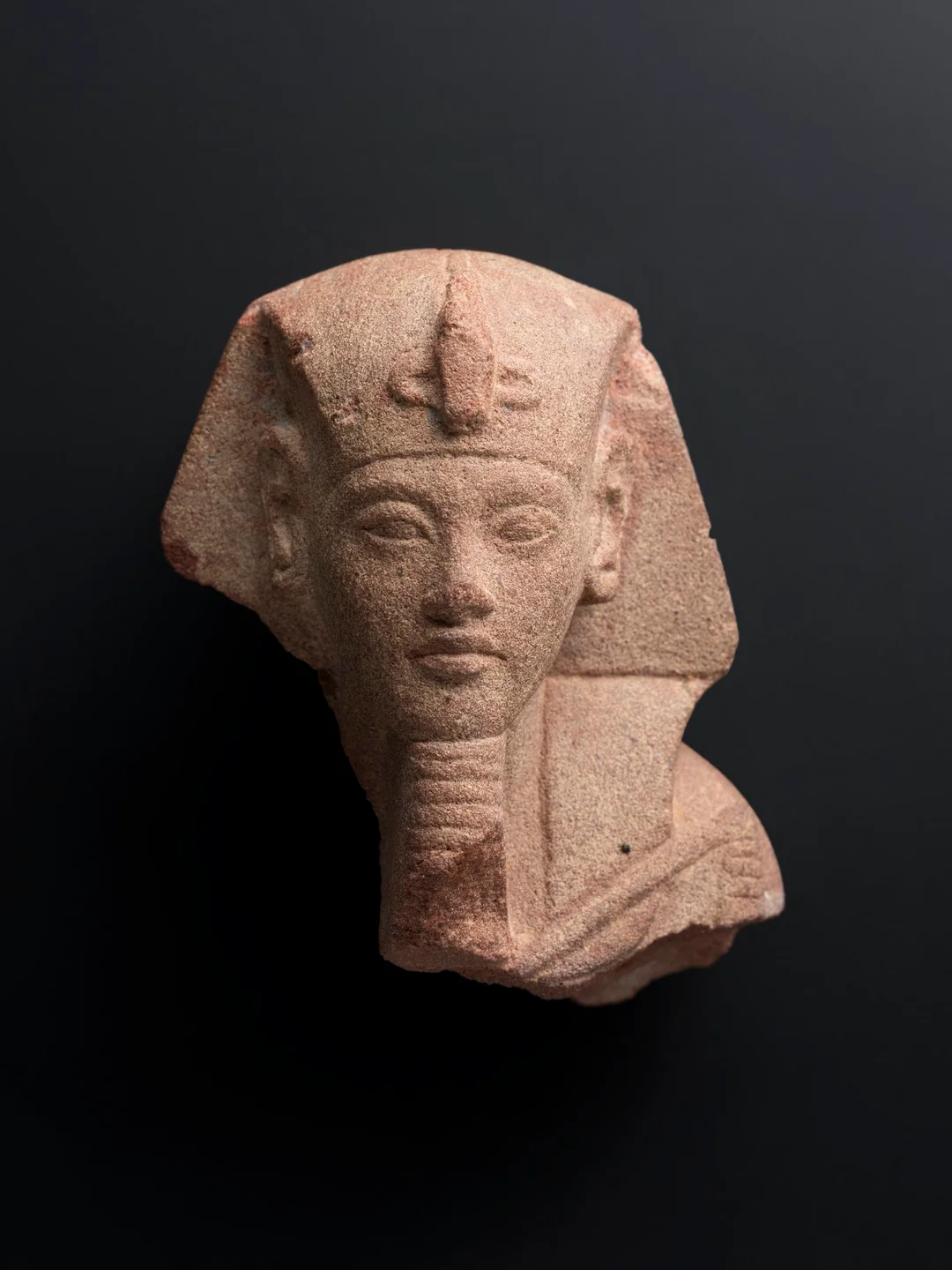
By the New Kingdom, the Aten was understood as one manifestation of the composite solar deity Ra-Amun-Horus: Ra representing the midday sun, Amun the sun in the underworld, and Horus the rising sun. Akhenaten, however, proclaimed the visible sun disk as the sole god, pushing solar worship to its extreme. Some scholars suggest that the naturalistic qualities of Amarna art and the focus on the sun’s life-giving power reflect an early attempt to ground religion in scientific observation.

Atenism began as henotheism—devotion to a single god without denying others—but by the ninth year of Akhenaten’s reign, it had developed into a proto-monotheistic system. He banned the use of idols apart from the solar disk with rays ending in hands, emphasizing that this image was symbolic only, since the god himself transcended representation. Freud famously proposed that Akhenaten was the world’s first monotheist, noting similarities with the religion of Moses.
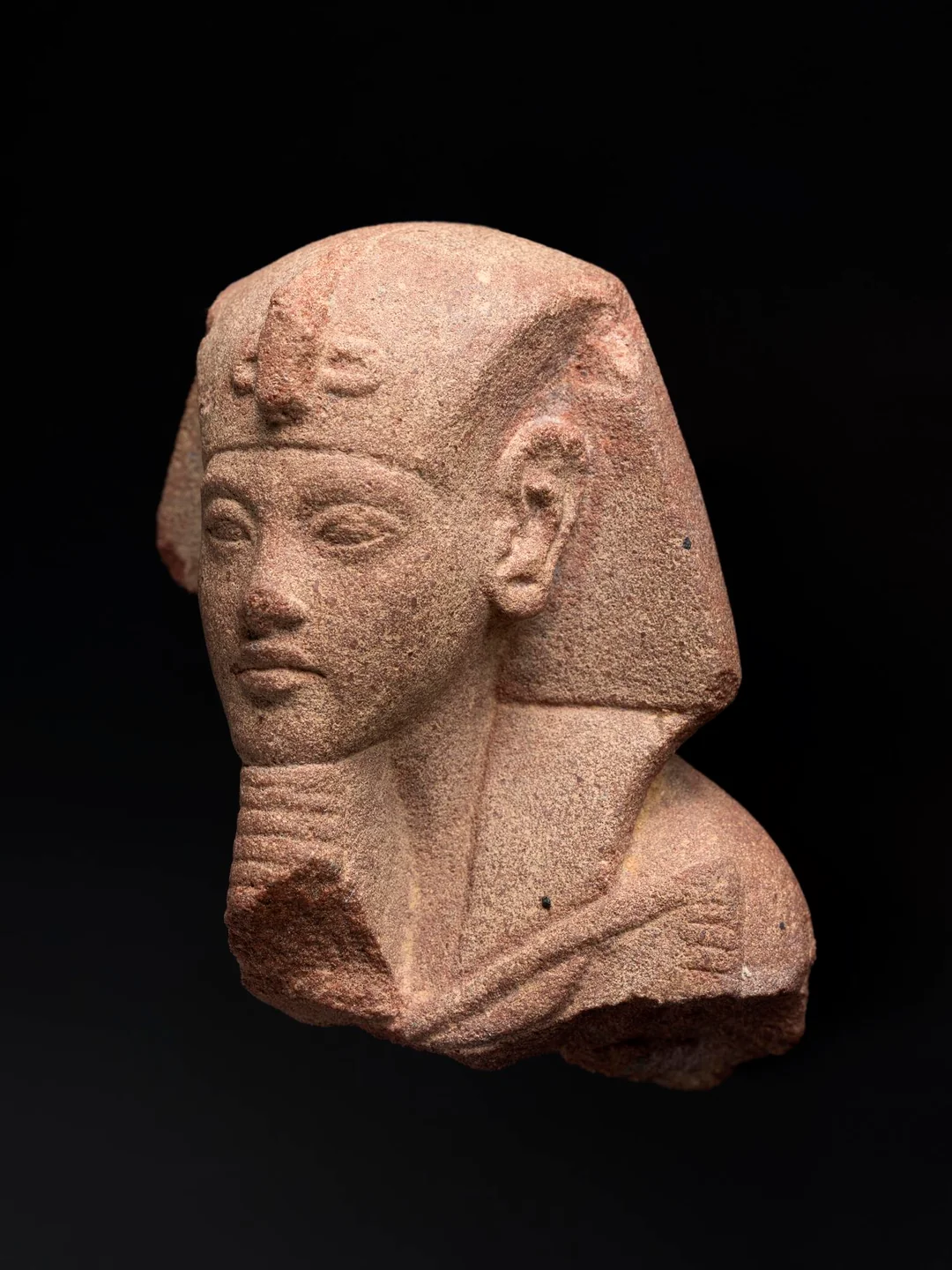
Several hymns to the Aten were composed during Akhenaten’s reign, possibly by the king himself. The most famous, the Great Hymn to the Aten (inscribed in the tomb of his vizier Ay), praises the sun as the universal source of life. Scholars have long compared it to Psalm 104 in the Hebrew Bible, which also celebrates the wonders of nature and the power of a single god. While parallels exist, claims of direct borrowing are likely overstated.
Worship of the Aten took place in open sunlight rather than within dark temple halls, but the new faith was far from egalitarian: only Akhenaten and his family could commune with the god. As the king himself declared, “None knows you except your son Akhenaten.” Excavations at Amarna reveal that ordinary Egyptians quietly continued venerating the traditional gods, suggesting that Atenism never fully took root among the people.

